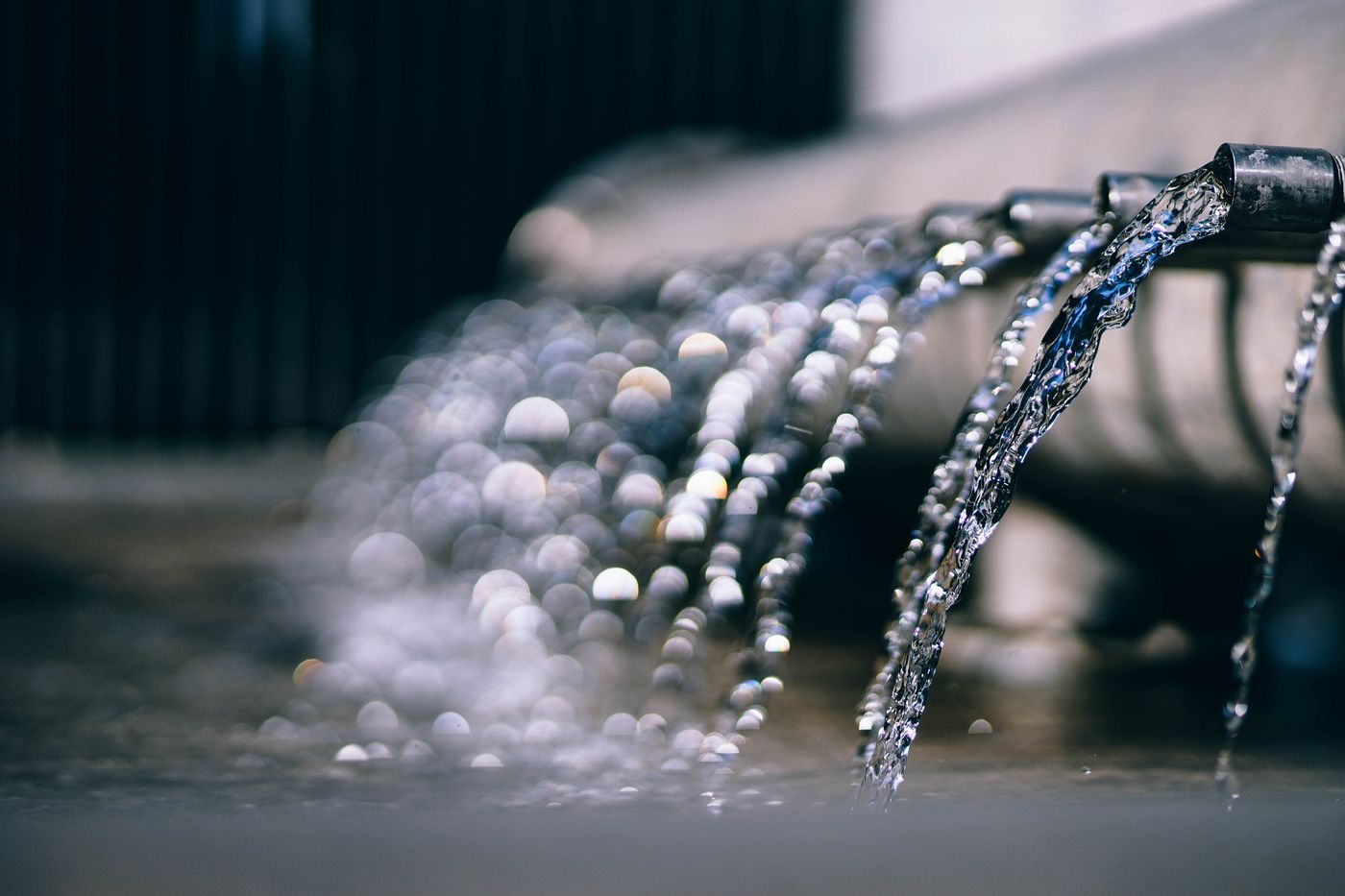Winter pool installations vs. spring pool installations: When is the best time to buy?
During this time of year, one of the questions I most often hear from folks is: "When is the best time to have my pool installed and get the best deal, fall/winter or spring?"
Well, the answer to this question, at least in most cases, is relatively simple.
The following is a case for each.
Is it best to install a pool in fall, winter, or spring?
Fall or winter pool installations usually offer lower prices, avoid the yearly increase of cost of goods, allow more time for landscaping to grow back, and may be eligible for tax write-offs. A spring installation may provide some savings and less time looking at the pool without being able to swim in it, but for most people, it's best to install the pool in fall or winter.
Advantages to Fall/Winter Inground Pool Installation
- Lowest price
- Cost of good increases
- Landscaping
- Taxes
Lowest Price
For the average pool guy, the cold weather can be quite daunting, especially knowing that even though work might stop, the bills never do. This is why pricing is almost always lower during the fall and winter time periods.
Cost of Good Increases
With each New Year comes the annual 'cost of goods' increase from suppliers. For example, before 2009 the prices we paid our fiberglass pool manufacturer for their shells had gone up every year. With inflation a likely occurrence year over year, it's fair to expect the cost of goods to once again shoot up and along with them, swimming pool prices.
Landscaping
September and October are great times in many areas of the country for planting grass and plants around the pool. Because the installation of a swimming pool will always cause some damage to a yard, it will take some time to re-grow the grass/vegetation around the pool area. This is why it's typically better to give yourself 4–6 months for proper landscaping and vegetation growth versus 1–2 months in the spring.
Taxes
In many cases, the interest you spend financing your swimming pool can be used as a tax write-off at the end of the year.
Advantages to a Spring Inground Pool Installation
- Some savings
- Less time looking at the pool
Some Savings
Although prices are not as good as they were 4–6 months previous, one can usually find some excellent deals on inground pool installations the spring, especially during the January through early March time frame.
Less Time Looking at the Pool
Frankly, this is the only advantage I can honestly think of when debating over whether to have a fall/winter pool installation versus a spring installation. For some consumers, the thought of having to wait 4–7 months before they can use their pool after its completion is too much to bear. For others, the money saved makes the wait well worth it.
But for all of you who are contemplating a pool in your backyard I can make you one promise:
Once you get the pool, you will be so happy that you did!
Good luck with your decision and, as always, happy swimming!
To receive notice of any further articles, please subscribe to the blog—and don't hesitate to leave any comments/questions below!
Up Next:
Fiberglass Pool Prices: How Much Is My Pool Really Going to Cost?
5 Ways to Make Your Pool Project More Affordable
7 Pool Extras That Won't Break the Budget

If you'd like to get a fiberglass pool for your home, you can try out our free pool pricing calculator, browse our pool gallery, or request information and pricing from our team using the button below!

Editor's note: This blog article was updated on September 3, 2020.
Editor’s note (5/3/24):
This article was written by Marcus Sheridan, (Partner, River Pools Virginia). The opinions expressed are those of the author. Any pricing information is based on information that was readily available at the time of publication.
River Pools is a brand of inground fiberglass pools produced via the River Pools division of the manufacturing facility in Fortville, IN. While our expertise is in fiberglass pool manufacturing, we are part of an extensive network of experts relating to all things inground pools. Our own collective experience from over the years spans manufacturing, project design, installation, and pool service. We often tap into this knowledge base and share information freely with homeowners, just like you, who are considering having a swimming pool installed in your backyard.




